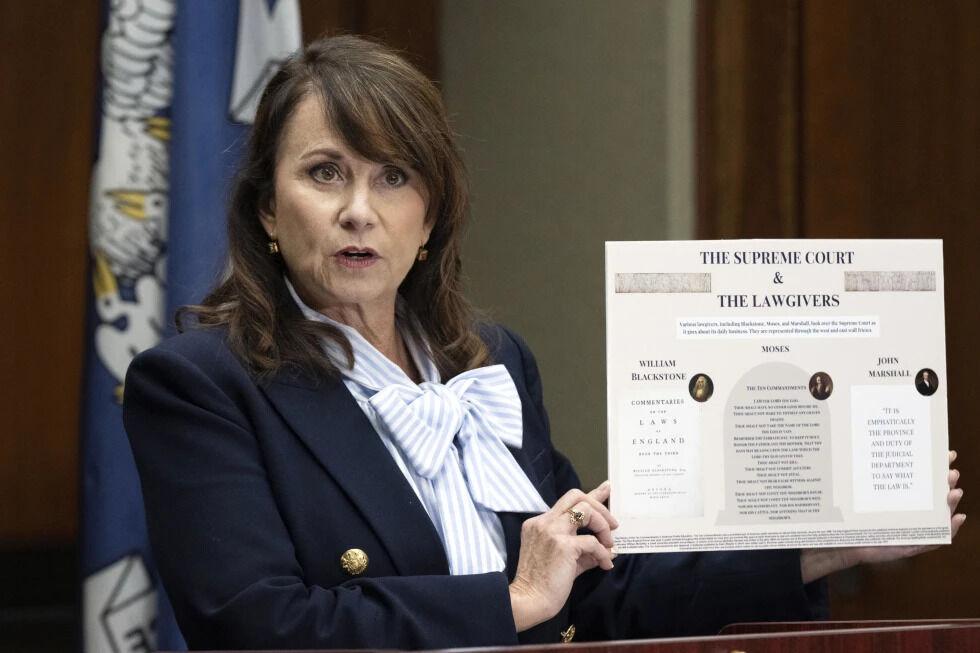“I’m tired of people judging what’s real hip-hop/ Half the time it be them niggas whose albums flopped,” rapped Grammy-winner Nelly, in his single “#1,” in retaliation of artists deeming his work outside of what they believe as true hip-hop.
His retort, a clever one, further represents why his work should not be classified under hip-hop.
Before any headway can be made on my fundamentalist position, hip-hop and rap should be defined.
Hip-hop is more than just a musical genre; it is a subculture that strives best in its underground roots.
The hip-hop culture can be traced back to New York City in the ’70s, particularly in the Bronx.
More than just music, hip-hop includes deejaying, emceeing, graffiti art, and dancing.
It started off as a way for poor youths to come together. People in dense urban areas have fewer outlets for social unity and the hip-hop culture found different ways to bind them.
For this reason, hip-hop has been a source of inspiration and art to educate and uplift its original urban audience.
Rap is a direct descendant of hip-hop, but the two are by no means interchangeable.
In fact, rap is one of the four core elements of hip-hop, since emceeing is reciting rhyming lyrics that are synchronized with beats, or rapping.
The term “rap” became the nationally accepted term for the music when musicians like Public Enemy and Dr. Dre brought “gangsta rap,” portraying their thug-lifestyles in their music.
“Rap” is a verb. While it is a part of hip-hop, it cannot sum up the spirit of hip-hop in its entirety.
When rappers began using other musical artists to sing their choruses, which boosted the song’s mainstream appeal, people could not simply call the music rap. “Hip-hop” became the solidifying word.
Artists like The Pharcyde and De La Soul were now lumped in the same category as Jay-Z and Nelly.
Hip-hop fundamentalists were outraged when their beloved artists who strived for originality were seen equal to someone who solely wrote about material possessions.
The music, which has always served as a cultural outlet, started to reflect these ideals as musicians, such as the The Roots, spoke out.
“The principles of true hip-hop have been forsaken/ It’s all contractual, and about money making,” The Roots said in their song “What They Do,” aimed at rappers taking their art form into a more commercial direction.
While society would rather combine the two types of music, it is very important for the future of hip-hop to understand the division between the two forms of music.
Because hip-hop is an art form, it requires a great deal of talent to become successful. This is the reason why most artists remain underground.
I am in no means saying rapping does not take skill or creativity to come up with the poetry they create. Rappers like Ludacris ooze talent and prove they are an inventive force. I will also offer some hip-hop artists have failed because they were packed with too much message and not enough music.
Take a look at Arrested Development. I thank them for my namesake song, “Mr. Wendal,” but they were so enraptured in Marcus Garvey, Booker T. Washington philosophy in their songs, without an equally strong sound, that they soon found themselves going to “Tennessee” alone.
But it does not take someone with talent to rap. A few years ago, there was this famous rapper called Master P who could barely make two words rhyme, but look at the incredible revenue he brought to his label, No Limit.
In general, material gain is what most modern rappers seem to be about.
When Nelly links his success to making money as opposed to the consciousness of his listeners, he is basically saying that he is not interested in the artistic aspect of his music or its power to inspire, but its ability to make him richer.
Commercialism is the biggest enemy of the original hip-hop movement and ideally what separates rappers from hip-hop musicians.
It is hard to distinguish the two genres because the dividing line is as fine as the difference between fine art and stick figures. Hip-hop, like a classical art piece, does encite emotions. Stick figures and rap can only illustrate.
“I dedicate this to the one-dimensional, no imagination, excuse for perpetration,” The Roots penned in “What They Do.”
Rap versus hip-hop
By Wendell T. Harrison
April 18, 2004
More to Discover







